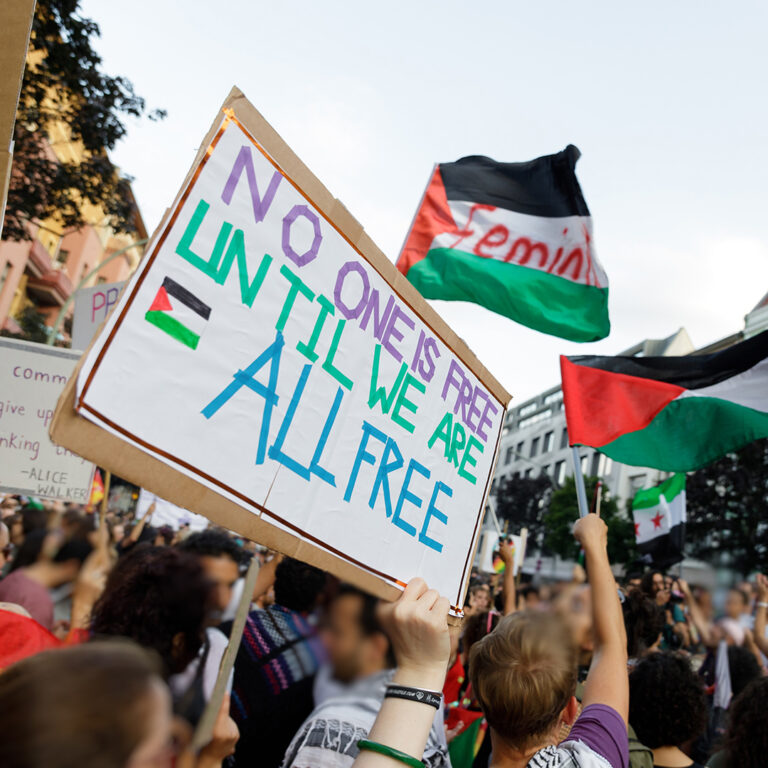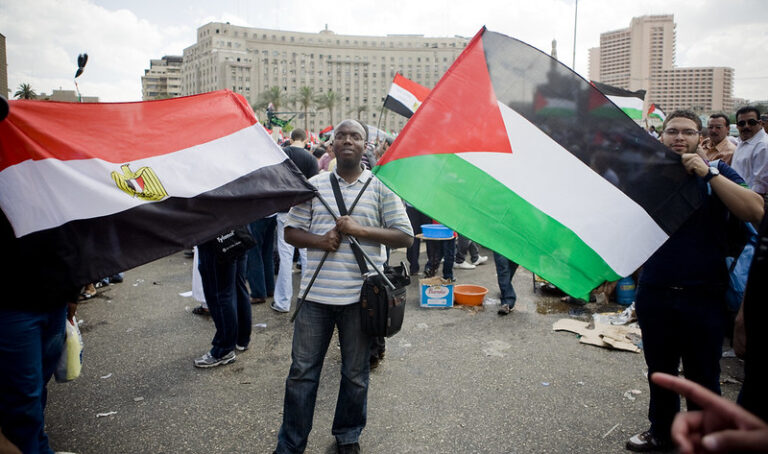In a well-known formulation, Vijay Prashad wrote that, “The Third World was not a place. It was a project.” This forum feels out ways to understand and remember the Third World project as a collective horizon of freedom enacted by ordinary people in their daily lives. Beyond the political leadership of the iconic leadership of Third World state leaders and the foundational conferences they convened, we seek to explore how the Third World was lived and imagined. We do so as an invitation to fellow teachers and students to deepen collective imagining through a twin process of learning and unlearning. Formulated as a practice of Third Worlding, this invitation is a proposal to make historical precedents familiar and make progressive visions of intersectional, anti-racist, decolonial struggle strange. It seeks out other ways of calling comrades into political practices by exploring the ways in which Third World subjects imagined and related to each other. In this introduction, we lay out what Third Worlding might offer as a tool for reorientation in the political present.
Keyword: Third World
Decolonization and the Third World
This essay asks why the Third World has become a symbol of poverty and failed infrastructure while the political imperative towards decolonization has gained popularity. By examining histories of decolonization in mid-twentieth century and the subsequent establishment of postcolonial nation-states that often ignored, suppressed, or actively participated in settler colonial occupations both globally and internally, I argue that there needs to be a widespread reckoning with what constitutes anti-colonial liberation.
Anti-Colonial Defeat: The 1967 Naksa and Its Consequences
This entry asks what it means to mourn the loss of the state as a vehicle for revolutionary liberation. State power was indeed authoritarian, and global solidarity in the era of the Third World Movement of the 1950s, 1960s, and 1970s was superfluous, but it still meant something to people then and now. Losing it was felt. In this piece, I revisit the 1967 Arab defeat against Israel known as al-Naksa (the resounding setback) within the context of the Third World movement and its influence on global solidarity in the ensuing decades following 1967. I focus on the loss of Egypt’s position as an anti-colonial leader after the 1967 war and subsequent death of Gamal Abdel Nasser in 1970. Egypt, once a bastion of revolutionary anti-colonial fervor at the nexus of Pan-Arab and Pan-African imaginaries, and a hub of the historic Third World, became radically realigned with the Global North under Anwar Sadat. I argue that the fate of the Egyptians, Palestinians, Arabs, and of anti-colonial global struggle each became unlinked and siloed as individual struggles. It is not just Arabs or Egyptians or Palestinians who were defeated, it was a whole anti-colonial ethos. How do we mourn the loss of the state as a vehicle for liberation, for Palestinians, for Arabs, for Africans, and for the post-colony?


